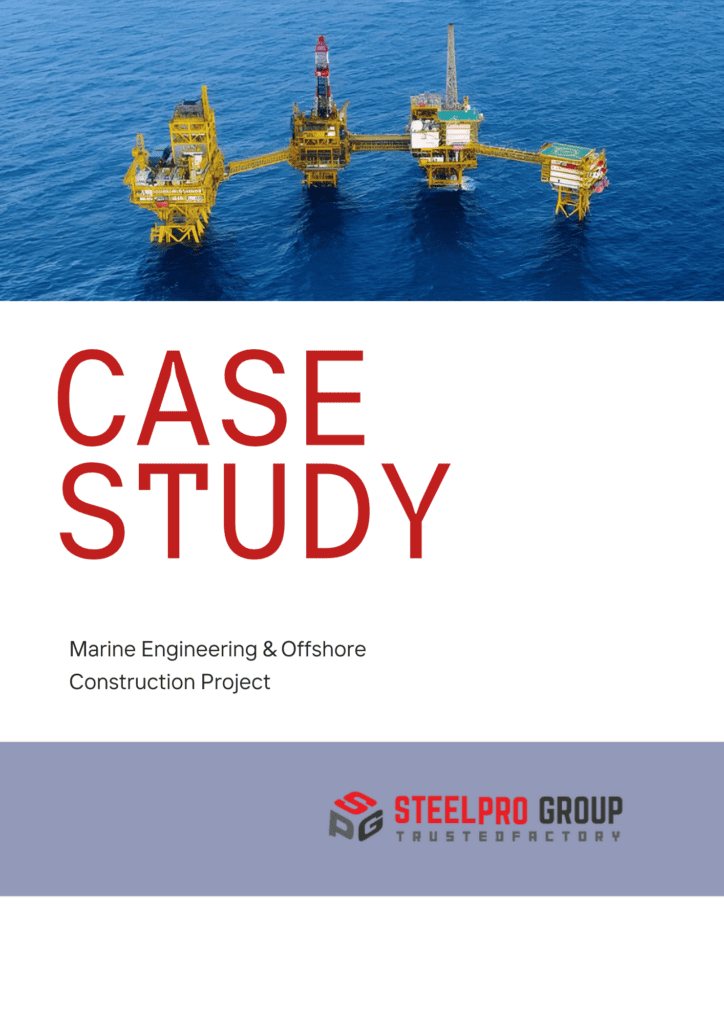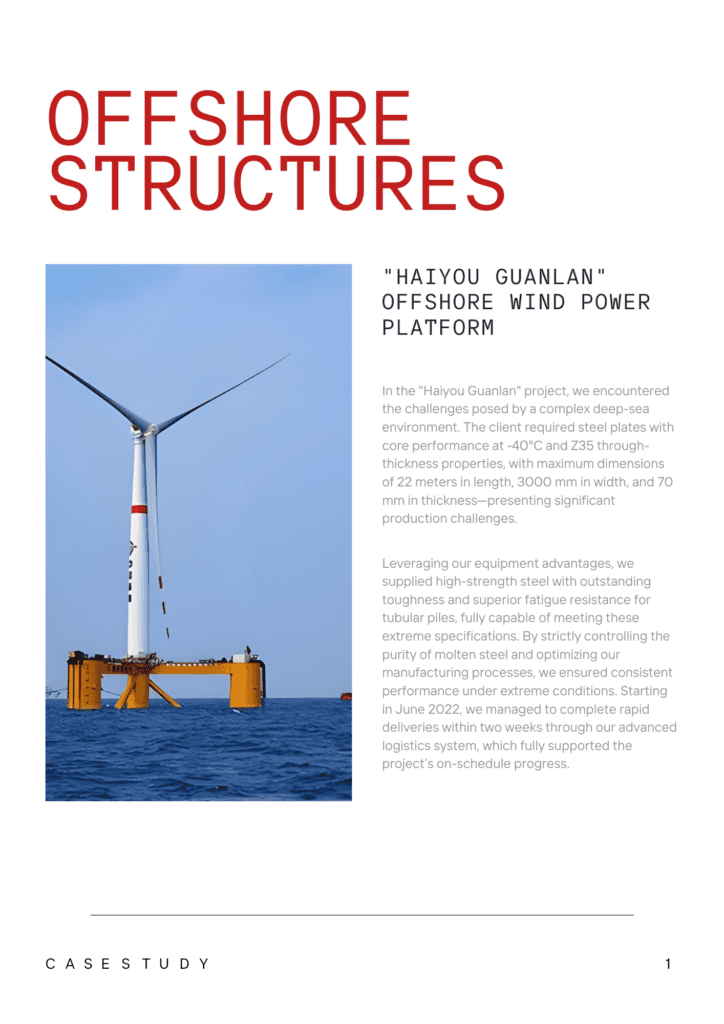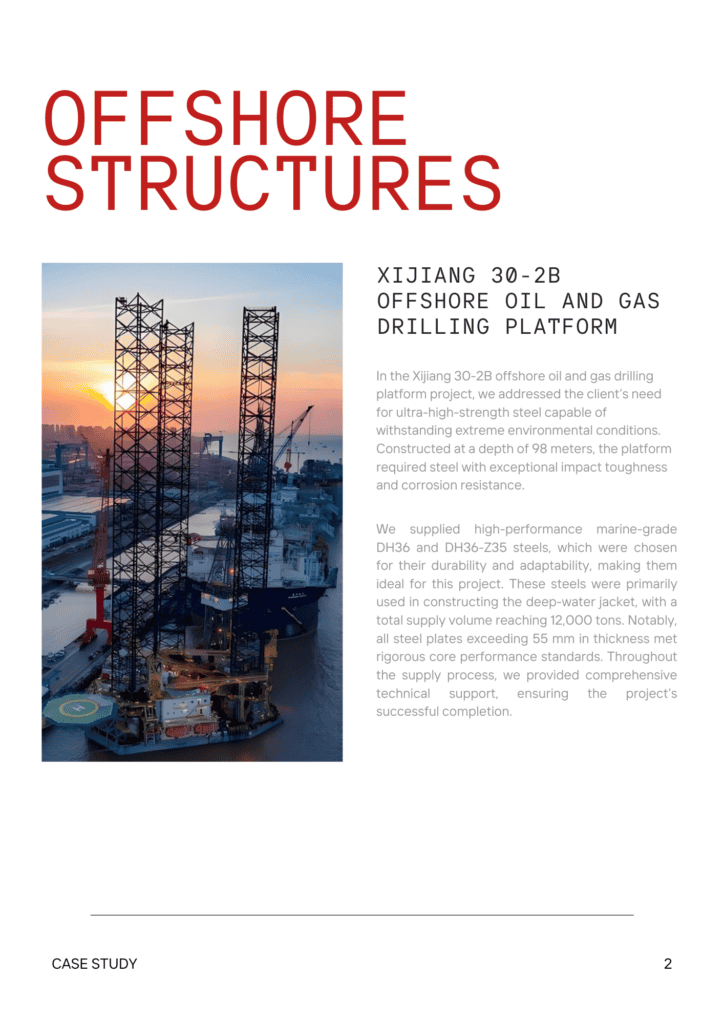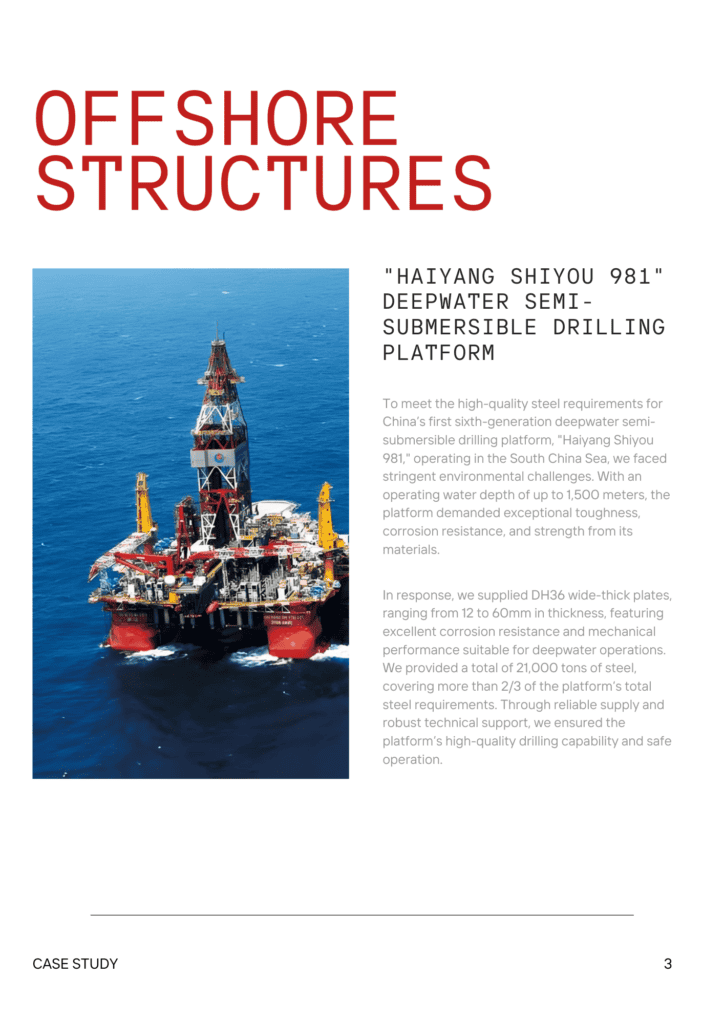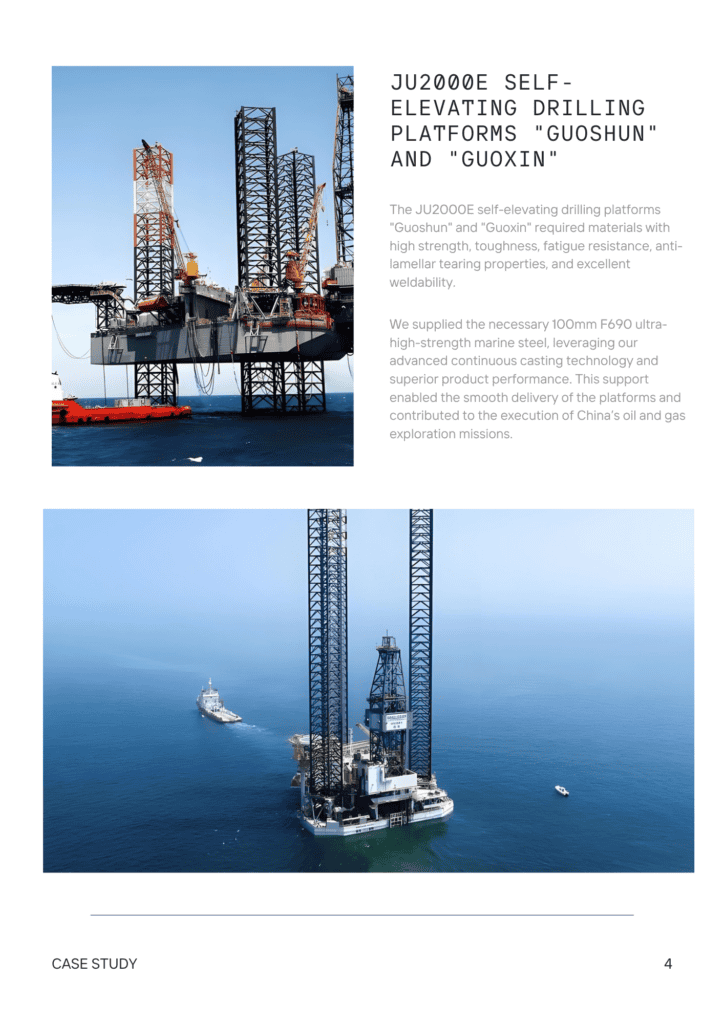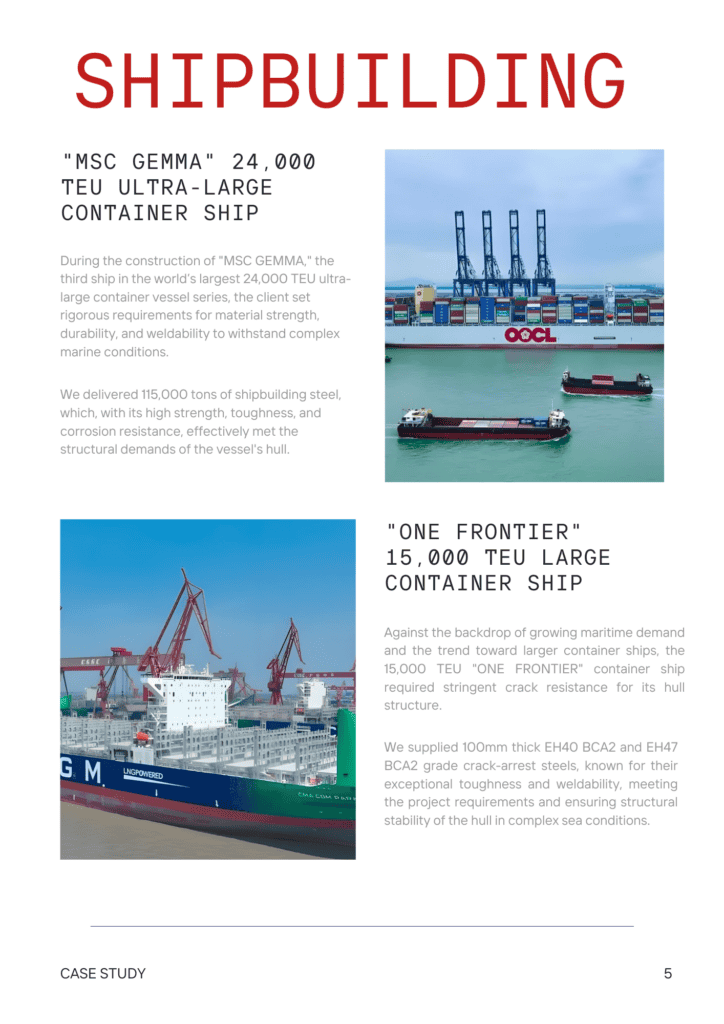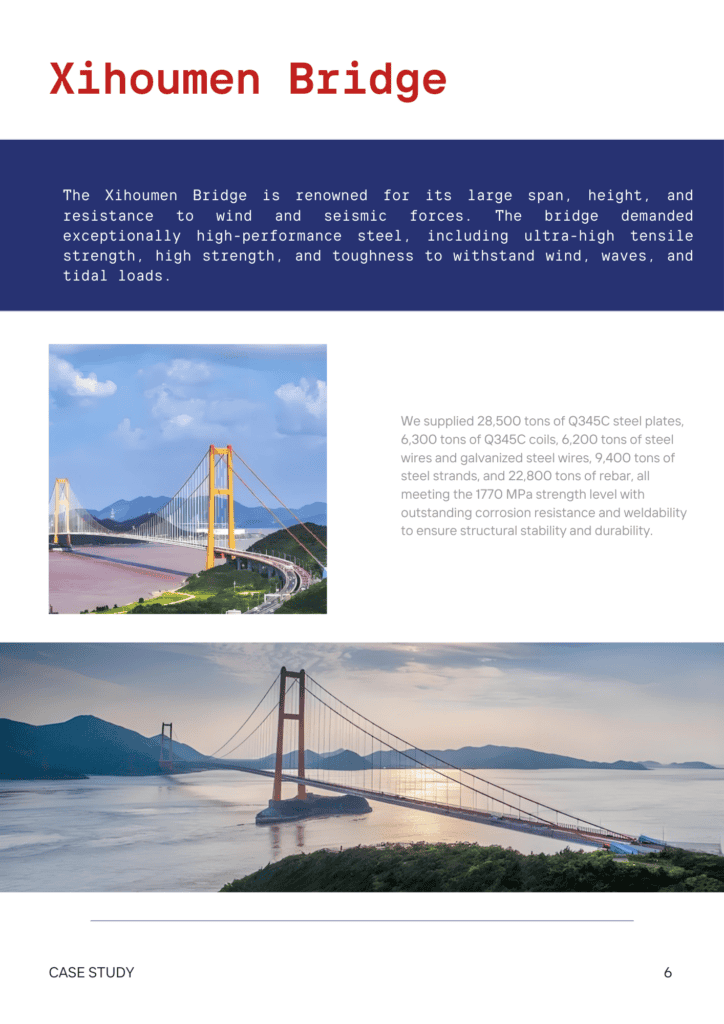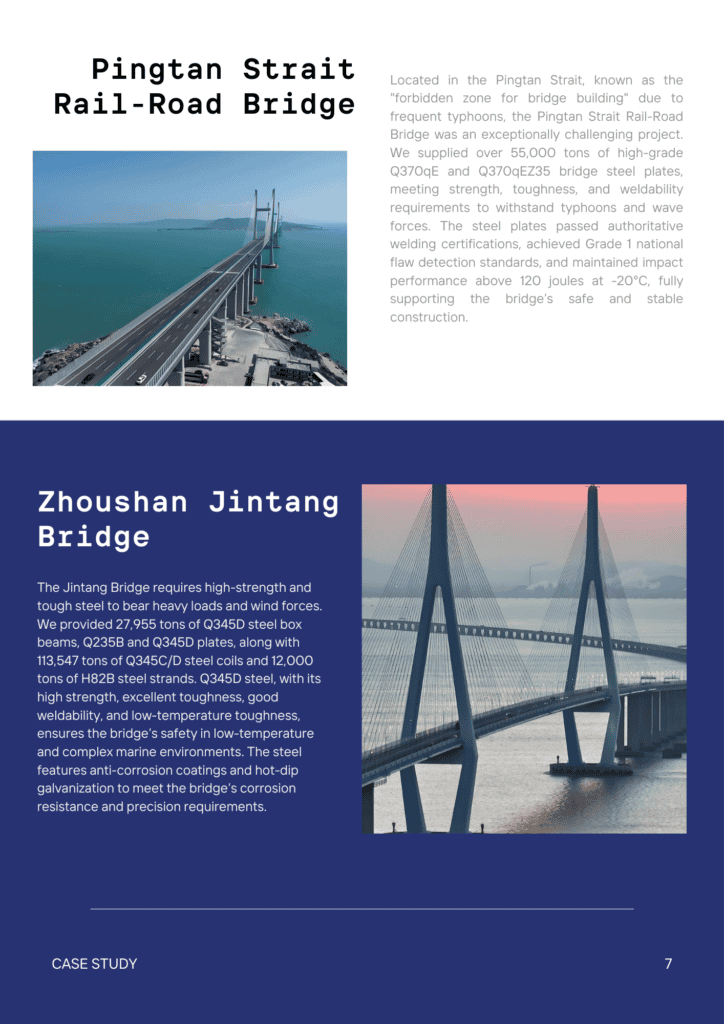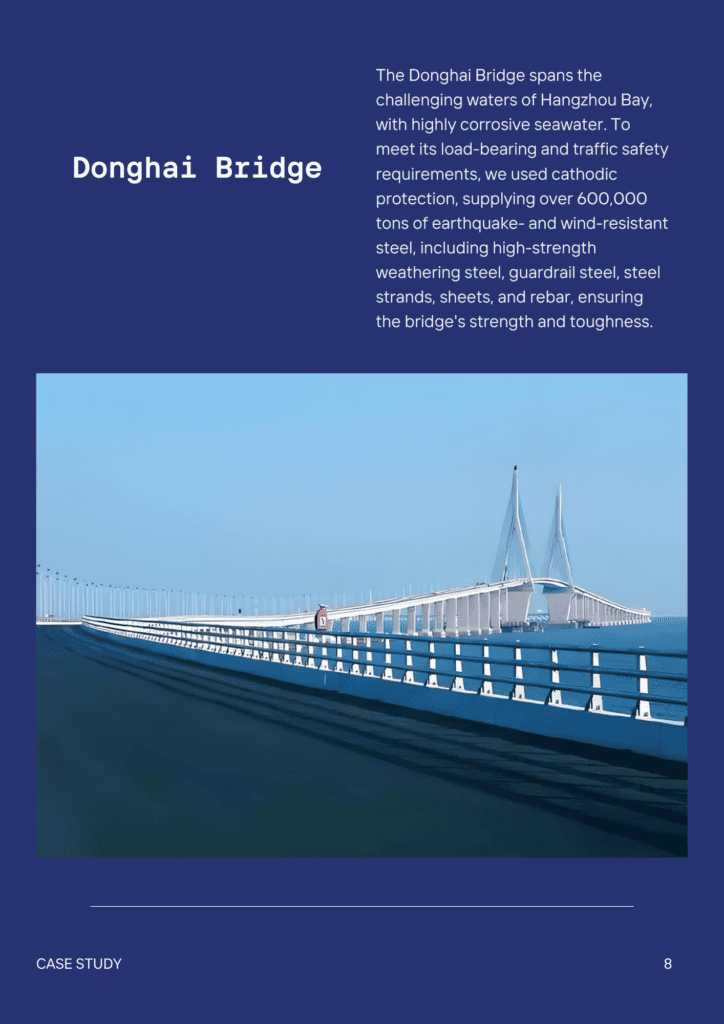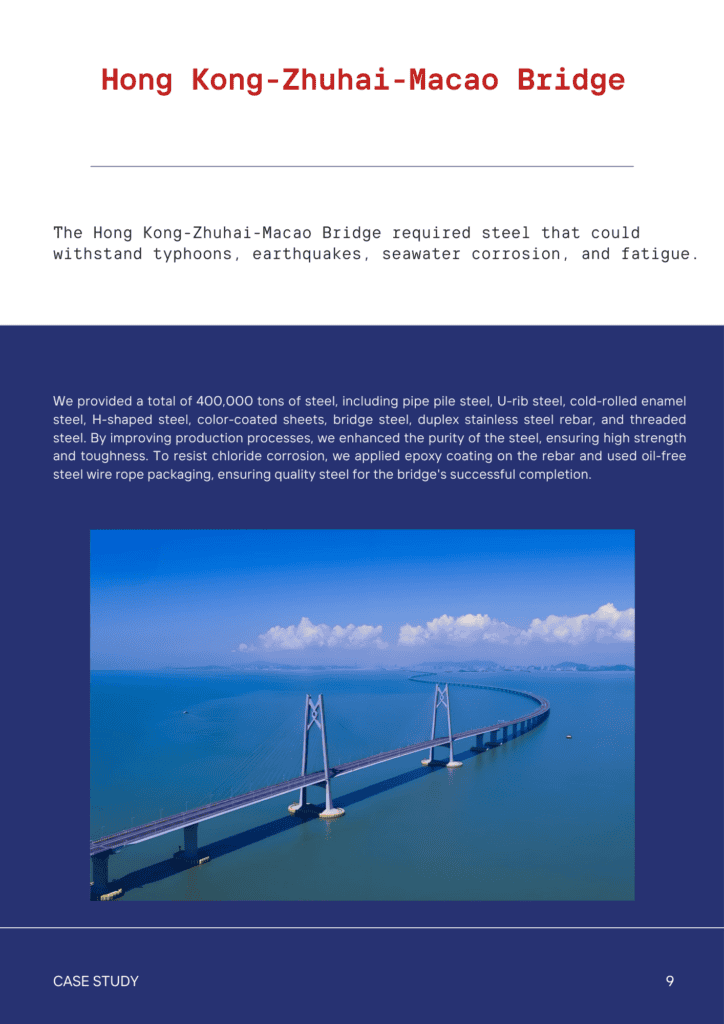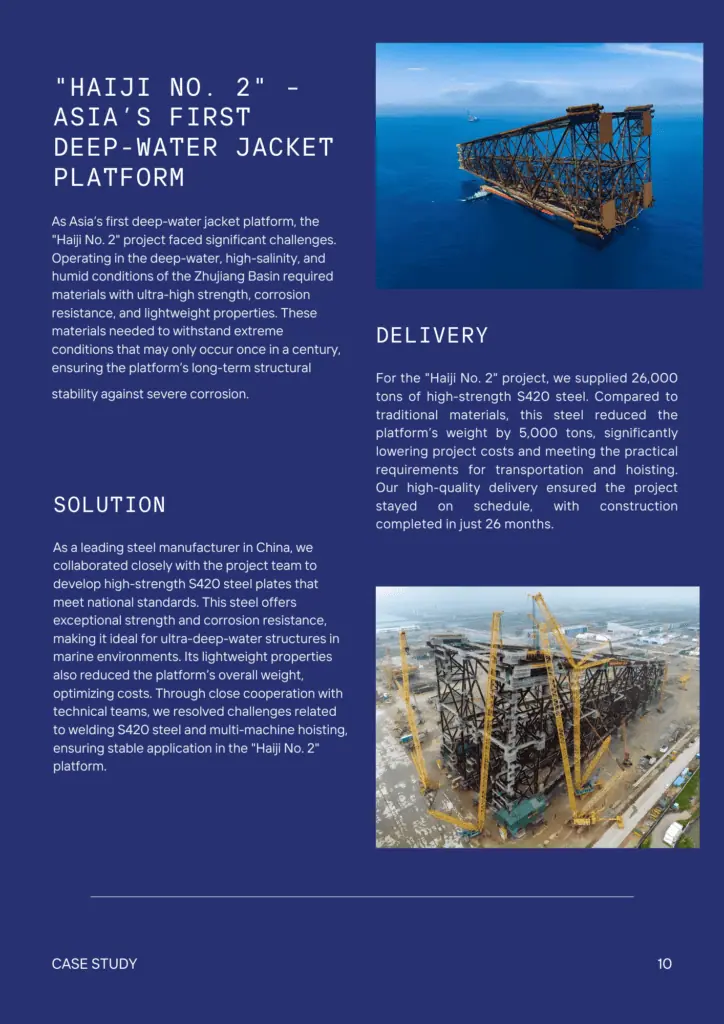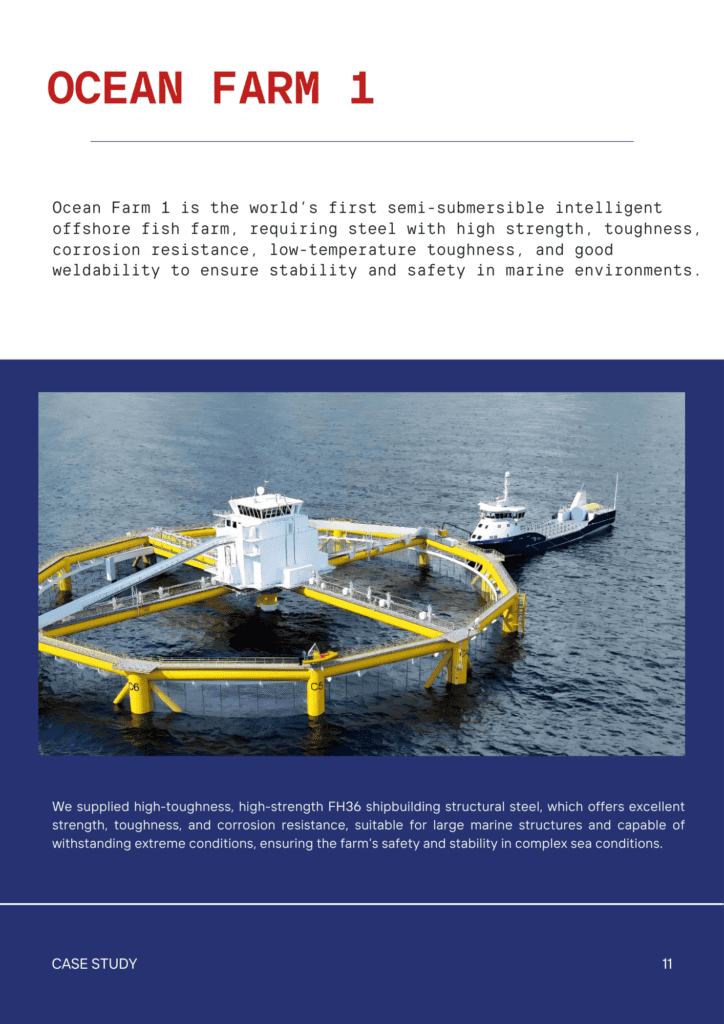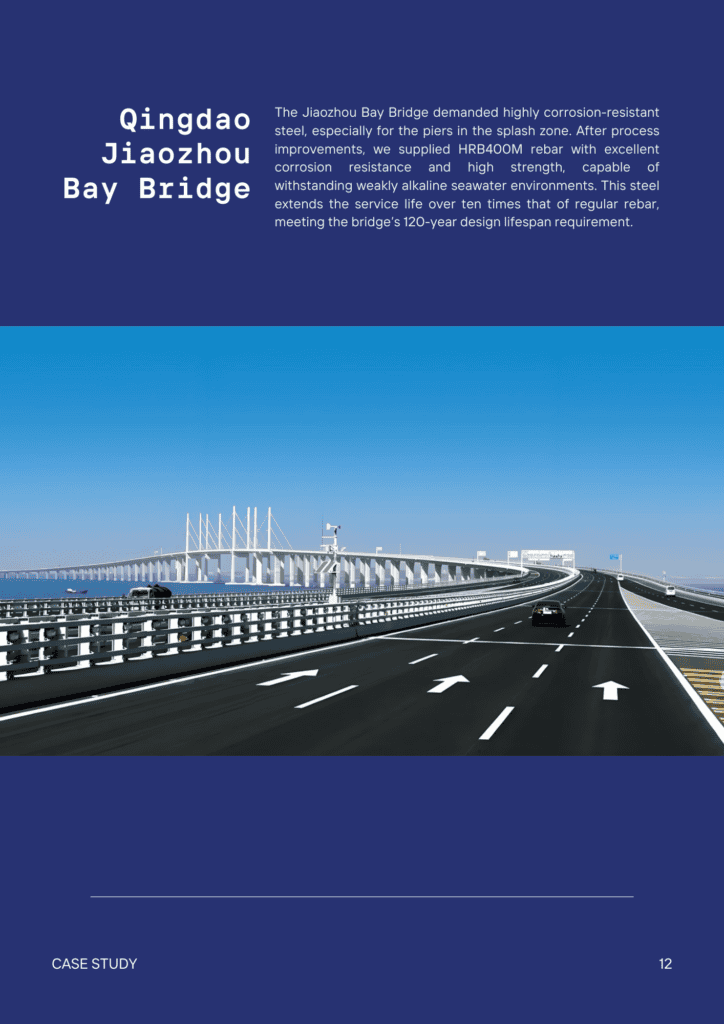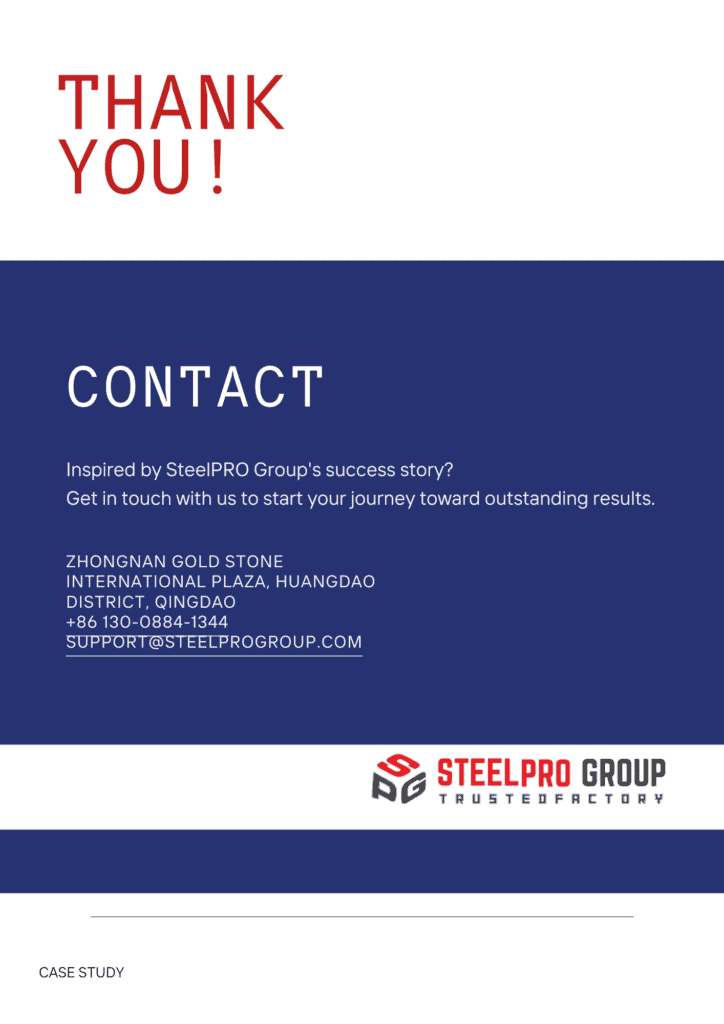Contents
Complex Phase Steel Guidelines
- John
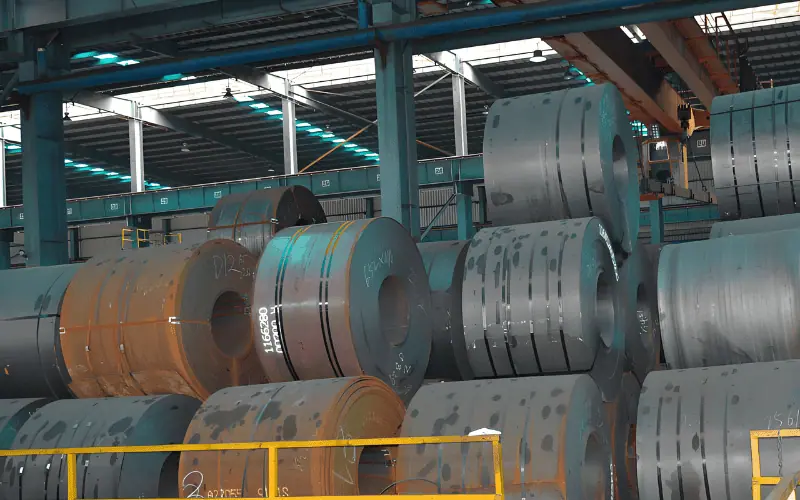
Unlike other AHSS grades, CP steel is specifically engineered to provide superior crash-energy absorption and structural integrity. By focusing on precise microstructural control and optimized chemical compositions, SteelPro Group delivers CP steel solutions that meet the exacting requirements of modern manufacturing and contribute to more durable, energy-efficient end products.
What Is Complex Phase Steel?
Complex Phase (CP) steel belongs to the category of advanced high-strength metals. It is recognized for its exceptional durability and outstanding malleability. CP steel’s microstructure includes a ferrite-bainite matrix along with fine martensite, retained austenite, and pearlite. This structure is achieved by carefully controlled thermal cycles. These cycles delay recrystallization and encourage the precipitation of fine carbo-nitride particles. Elements such as titanium, vanadium, and niobium form these particles.
CP steel offers a high ratio of yield to tensile strength. This allows components to maintain their structural integrity under heavy loads. Its excellent hole expansion properties enable complex shapes to be formed easily. This is especially important for producing safety-critical components in the automotive industry.
Complex Phase Steels Chemical Composition
To understand why Complex Phase (CP) steels perform so well, it’s important to examine their chemical makeup. CP steels rely on a carefully chosen blend of elements to achieve their balance of strength, ductility, and formability. The composition typically includes:
- Carbon (C): A small percentage of carbon contributes to overall strength without compromising ductility.
- Manganese (Mn): Helps increase toughness and strength.
- Silicon (Si): Enhances the strength of the ferrite phase.
- Chromium (Cr): Adds wear resistance and boosts hardenability.
- Titanium (Ti), Vanadium (V), and Niobium (Nb): These micro-alloying elements form carbo-nitride precipitates. These fine precipitates help refine grain size and further improve yield strength.
Complex Phase Steels Physical and Mechanical Properties
Tensile and Yield Strength
CP steels consistently offer tensile strengths exceeding 800 MPa. They also have a high yield-to-tensile strength ratio, which sets them apart from many other AHSS grades. This balance ensures excellent load-bearing performance.
Formability
CP steels are known for their versatility in cold-forming operations. They are well-suited for stretch forming, bending, and hole expansions. Their ability to maintain strength while being shaped makes them ideal for complex geometries.
Fatigue and Wear Resistance
These steels provide superior fatigue resistance, handling repeated stress without failure. Their refined microstructure also contributes to excellent wear resistance, ensuring longevity in high-stress applications.
Energy Absorption and Bake Hardening
CP steels excel at absorbing crash energy, making them a top choice for automotive safety components. They also exhibit strong bake-hardening capabilities, improving part strength after the paint baking process.
How Carbo-Nitride Precipitation Enhances Strength and Ductility?
The addition of Ti, V, and Nb plays a critical role in strengthening CP steels. During processing, these elements form carbo-nitrides that stabilize the microstructure. This stabilization prevents grain growth and allows the steel to better resist mechanical stress. The result is higher yield strength. At the same time, the fine-grained structure enhances flexibility and simplifies the forming process.
CP Steel Heat Treatment and Production Techniques
SteelPro Group employs precise production methods to ensure the performance of Complex Phase (CP) steel. Careful heat treatment and specialized processing create the optimal balance of strength, ductility, and formability.
Thermal Cycles for Grain Refinement
CP steels rely on tightly controlled thermal cycles to achieve their fine microstructure. These cycles slow down recrystallization, allowing elements like Titanium (Ti), Vanadium (V), and Niobium (Nb) to form carbo-nitrides. The resulting microstructure is refined and stable, providing the steel with enhanced strength and ductility.
Heat Treatment to Enhance Strength
CP steels undergo additional heat treatment to boost their mechanical properties. Heating hot-rolled CP steels at temperatures between 500°C and 700°C can increase the yield strength by as much as 100 MPa. This step further improves the material’s reliability and performance under stress.
Varied Product Forms
SteelPro Group offers both hot-rolled and cold-rolled forms of CP steel. Hot-rolled products are typically used for thicker structural components. For cold-rolled CP steel, we provide a galvanizing option that delivers excellent corrosion resistance.
Complex Phase Steel Applications
| Industry | Specific Applications | Properties |
| Automotive | Frame rails, door reinforcements, impact beams | High crash-energy absorption, superior strength-to-weight ratio |
| Automotive | Suspension components, chassis reinforcements | High yield strength, excellent formability |
| Construction & Machinery | Structural supports, machinery frames, load-bearing components | High wear resistance, fatigue strength |
| Advanced Manufacturing | Innovative product designs, complex forming applications | Maintains structural integrity under demanding conditions |
Advantages of Complex Phase Steel in Manufacturing
- High strength combined with excellent ductility and formability.
- Enhanced longevity and resilience against abrasion and stress.
- High hole expansion ratios for better edge quality and complex shapes.
- Environmental benefits due to potential weight reduction and improved energy efficiency.
Key Differences Between Complex Phase Steel and Other AHSS
| Comparison | Complex Phase (CP) Steel | Dual Phase (DP) Steel | TRIP Steel |
| Microstructure | Ferrite-bainite matrix with martensite, retained austenite, and pearlite; refined by carbo-nitride precipitates | Ferrite and martensite dual structure | Ferrite, martensite, retained austenite, and bainite |
| Yield Strength (MPa) | 600–1000 MPa | 400–600 MPa | 500–800 MPa |
| Tensile Strength (MPa) | 800–1200 MPa | 800–1000 MPa | 800–1100 MPa |
| Hole Expansion Ratio (HER) | Up to 100% | Typically 30–50% | Around 50–80% |
| Crash Energy Absorption (kJ) | Superior crash energy absorption due to higher yield strength | Good energy absorption but less efficient than CP steel | Strong crash absorption due to retained austenite transformation |
Choose SteelPro Group for Complex Phase Steel
At SteelPro Group, we’re committed to helping you unlock the full potential of CP steel. With our industry-leading expertise, advanced processing capabilities, and a track record of delivering high-performance steel solutions, we can help your business achieve both immediate and long-term benefits.



